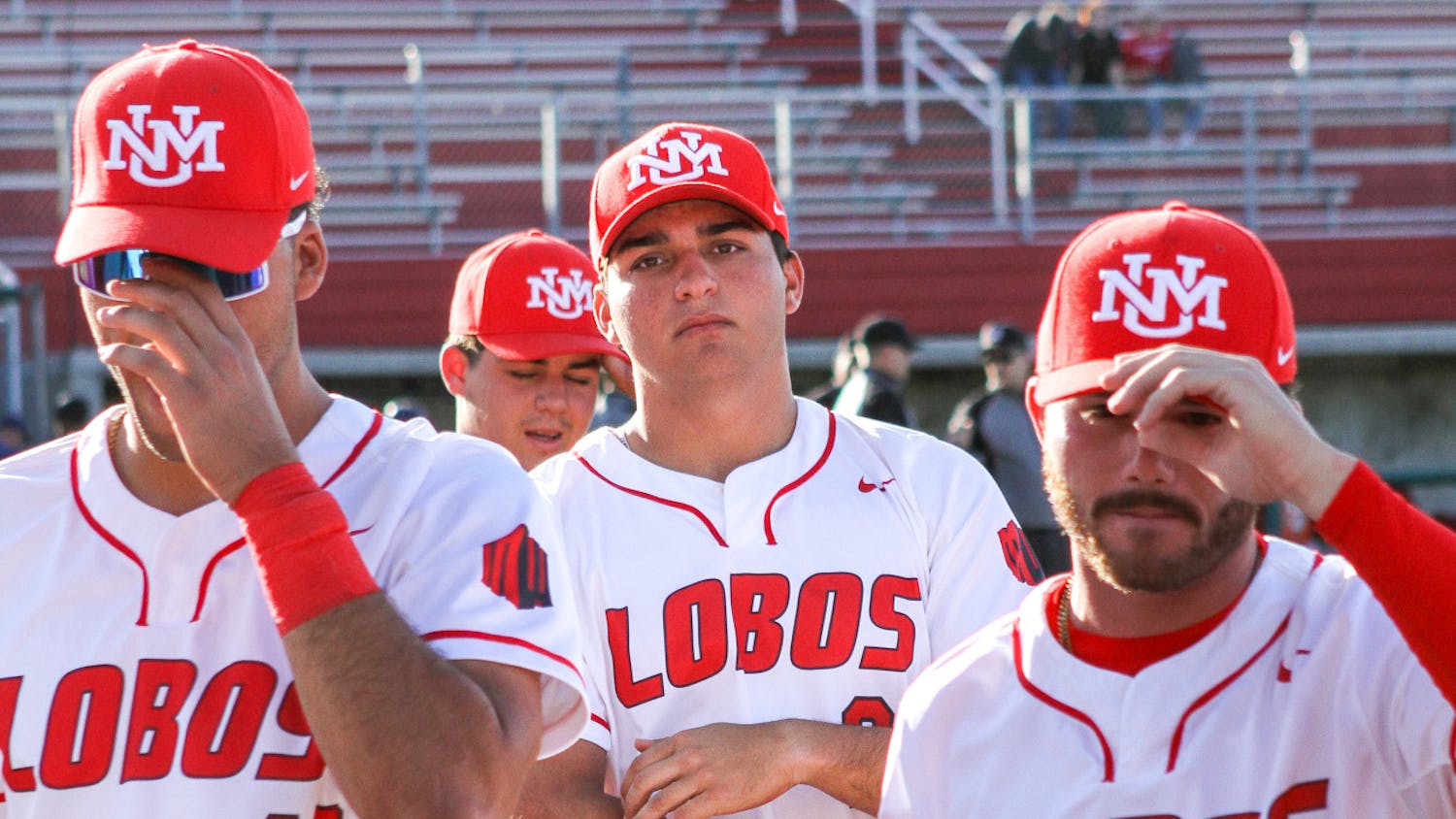Three of the five Democratic primary candidates said they support using other sources of funding to subsidize the Legislative Lottery Scholarship.
Lawrence Rael, Linda Lopez, Howie Morales, Alan Webber and Gary King participated in a debate in Las Cruces on Thursday. The five contenders will be on the ballot on June 3 as primary candidates for governor of New Mexico.
This academic year, the scholarship fund fell short of covering tuition for Lottery students, and at the beginning of the spring semester UNM had to pay a portion of each student’s scholarship. The University expected the state government to allocate money to make up the deficit during the legislative session.
When asked about a permanent solution to the scholarship, Rael, King and Lopez said they would be willing to look at other sources of funding to support the program.
“We may have to change the name and not call it the Lottery Scholarship anymore,” King said. “I think that we need to make sure that we’re willing to spend general fund money if we have to, and we have income streams that come from our natural resources in New Mexico.”
Rather than allowing the Lottery scholarship to drive up costs of higher education, Webber said the government needs to find a way to the cap increasing expenses. There also needs to be more options for higher education outside of four-year college degrees, Webber said.
“(Some students) end up in a situation where they are taught to believe that higher ed is the solution to their problems, and in fact that isn’t always the case,” he said.
Morales said he supported more higher education opportunities. There should also be stricter language regarding tax law for tobacco companies to increase revenue for the scholarship, he said.
“We need to make sure that we tighten the language, and that we have a language where tobacco companies have to pay the state of New Mexico the dollars that we are due,” he said.
In March the governor signed into law a short-term solvency for the Lottery scholarship. The bill allowed for the state to appropriate $11 million from the general fund and $18.5 million from liquor excise tax revenues to the lottery tuition fund. The bill also increased scholarship students’ required credit hours from 12 to 15. Students still need a 2.5 GPA to maintain their tuition scholarships.
While the state was able to reach an agreement on Lottery Scholarship solvency, the bill doesn’t offer a long-term solution.
Expenditures for the scholarship have been steadily increasing, while revenue from lottery ticket sales have remained stable, according to a report by Think New Mexico, an independent statewide think tank.
Get content from The Daily Lobo delivered to your inbox
The average tuition at public, four-year colleges in New Mexico increased by about $1,214 from Fiscal Year 2008 to FY14, according to a study by the Center on Budget and Policy Priorities. This corresponds with a $4,588 per-student decrease in state spending on higher education.
A senate bill passed during the 2013 legislative session distributes 25 percent of the money from the tobacco settlement fund to the lottery tuition fund.
Neither Webber nor Morales commented on whether they would support using other sources to fund the Lottery scholarship.
Chloe Henson is news editor for the Daily Lobo. Contact her at news@dailylobo.com or via Twitter @ChloeHenson5.





